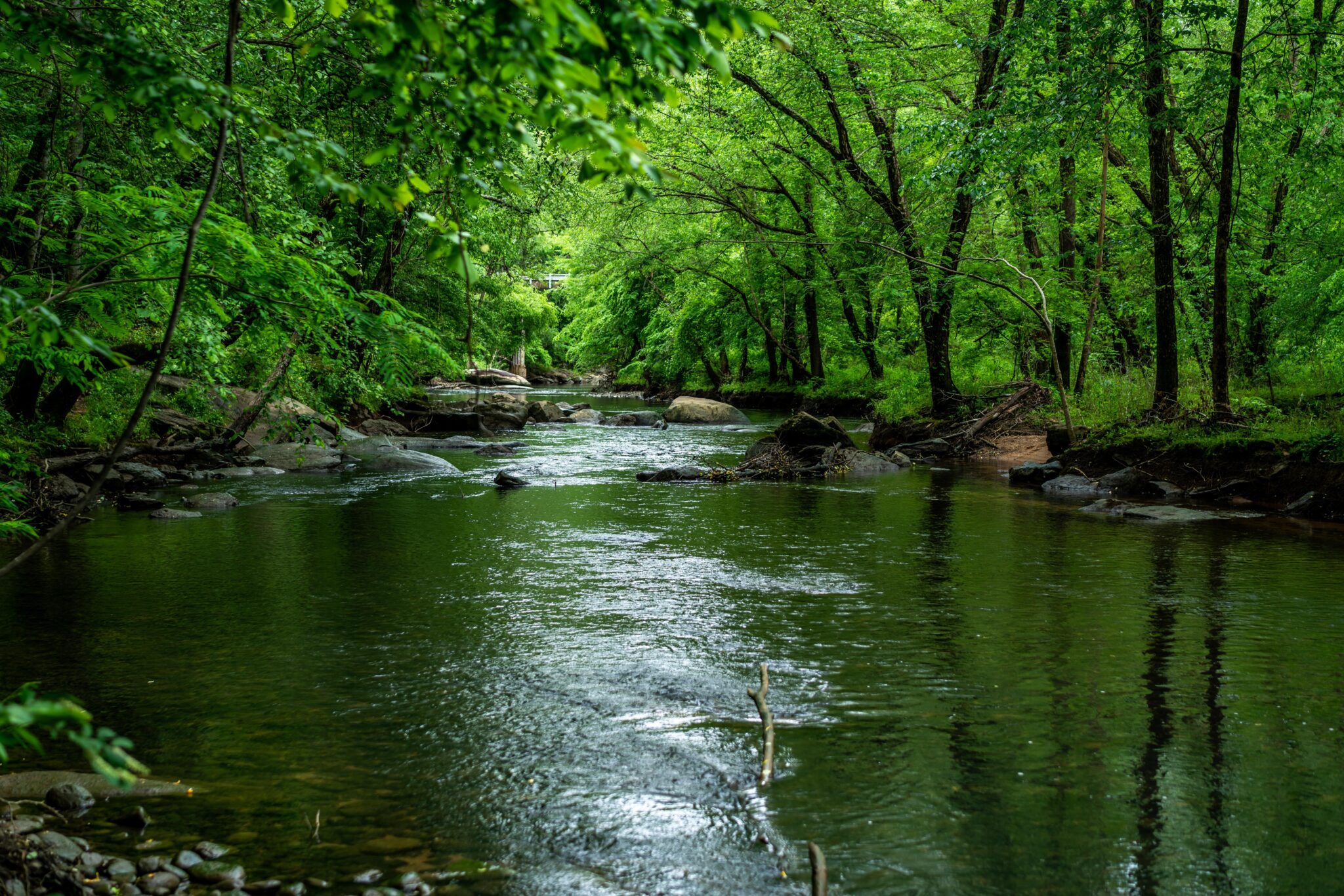National Fisheries Fellowship Accepting Applications
FOR IMMEDIATE RELEASE
Contact:
John Fear, 919-515-9104, jmfear@ncsu.edu
Posted Thursday, December 11, 2014
Original Federal Funding Opportunity Numbers:
Population and Ecosystem Dynamics Fellowship, NOAA-OAR-SG-2015-2004339
Marine Resource Economics Fellowship, NOAA-OAR-SG-2015-2004341
North Carolina Sea Grant is accepting applications from North Carolina graduate students for the 2015 National Sea Grant College Program/NOAA Fisheries fellowship. This opportunity is open to U.S. citizens who are doctoral students in academic institutions in the United States and its territories.
Applications are due by 5 p.m., Jan. 29, 2015.
This program provides real-world experience and fosters the careers of graduate students interested in population and ecosystem dynamics and stock assessment, or in marine resource economics. Each fellow will be assigned a mentor from NOAA Fisheries who will serve on the fellow’s committee, and provide access to research data sources and to NOAA Fisheries working/laboratory space.

Two categories of this joint fellowship are available, each offering $43,500 in annual stipends. Cost sharing by the institution of higher education is required. Funding begins in Aug. 1, 2015.
Prospective population and ecosystem dynamics fellows must be admitted to a doctoral program in population dynamics or a related field — such as applied mathematics, statistics or quantitative ecology — at the time of application. Funding is for up to three years.
Applicants for the marine resource economics fellowship must be admitted to a doctoral program in natural resource economics or a related field at the time of application. Funding is for up to two years.
North Carolina currently has two population dynamics fellows: Ian Kroll from the University of North Carolina’s Institute of Marine Sciences and Meagan Dunphy-Daly from the Nicholas School of the Environment at Duke University.
At least two new fisheries fellows will be selected nationwide in both categories. The successful fellows will work on problems relevant to NOAA Fisheries. They will participate in summer internships at corresponding NOAA Fisheries science centers or laboratories. Population and ecosystem dynamics fellows will be expected to spend 10 to 20 days at sea per year.
North Carolina Sea Grant will nominate candidates enrolled in a North Carolina academic institution. Students must be U.S. citizens. Students should follow the application instructions in Section IV of the original federal announcements for population and ecosystem dynamics and marine resource economics. Sea Grant forms can be downloaded here.
The application must be submitted to North Carolina Sea Grant, no later than 5 p.m., Jan. 29, 2015. Email each application component as a separate file attachment to Mary Beth Barrow at marybeth_barrow@ncsu.edu.
For more information, read the FAQs or contact John Fear, Sea Grant deputy director, at 919-515-9104 or jmfear@ncsu.edu. More details about the fellowship also are available here.
###
North Carolina Sea Grant: Your link to research and resources for a healthier coast
- Categories:


